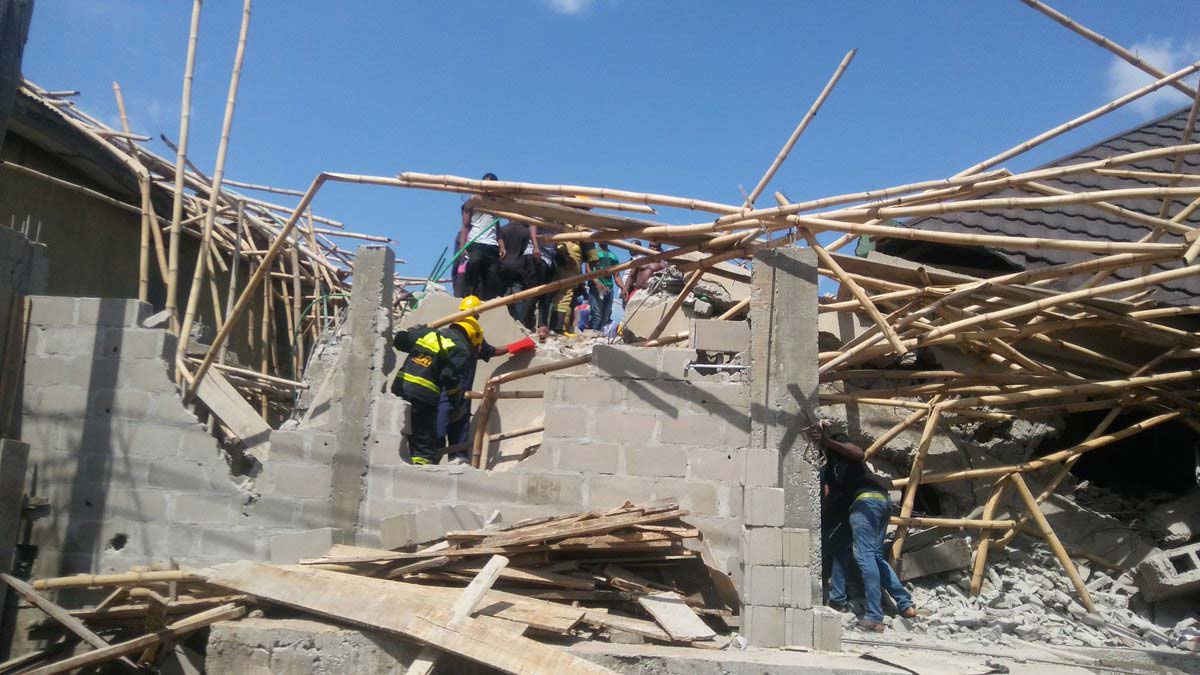
Sir: Collapse of buildings is so rampant in Nigeria that there is hardly any day when it does not happen. This often causes loss of lives and property. This dangerous phenomenon can be caused by many factors. These include founding of a building on a weak foundation, heterogeneous nature of soils or rocks below a foundation, differential loading from one corner to another, use of substandard construction materials and poor workmanship.The earth material (soils or rocks) on which a building is founded is a very important factor. No wonder Jesus likened a man that built his house on solid foundation (rock) to a wise man. I will therefore lay emphasis on the earth material on which a building is founded in this article. This is because, a building can only be stable if it is founded on a strong soil or rock.
Pre construction sub-soil investigation has gained wide popularity in developed countries of the world for many years. In such countries, geoscientists and foundation engineers work hand in hand. A bungalow, for instance, cannot be constructed in the United States of America without the input of geoscientist and, of course, a foundation engineer.
Unfortunately, however, sub-soil investigations are seldom executed in Nigeria. When they are done, they are usually by some governments and multinational companies. Again, only civil (foundation) engineers are usually involved without involving geoscientists.
Foundation engineers often carry out in-situ geotechnical tests and sink boreholes. Financial consideration and time constraints often prevent testing of many points and sinking of many boreholes. It is, therefore, impossible to have comprehensive knowledge of the geological and geotechnical properties of earth materials on which a building is founded.
Collapse of many buildings has been attributed to weak foundation soils, shallow depth to water table, and heterogeneous nature of soils below buildings.
If we want a permanent stop to collapse of buildings, geoscientists and geotechnical engineers must be made to have significant input prior to construction of buildings. Such practice will ensure good understanding of the geological and engineering properties of foundation soils and rocks. Execution of surface geophysical surveys followed by execution of few confirmatory geotechnical investigations will help in determining the appropriate depths at which foundations (shallow or deep) should be laid in order to prevent excessive and differential settlement of buildings, which often cause collapse of buildings.
It is high time we started employing state-of-the-art preconstruction techniques in Nigeria, the giant of Africa. Geoscientists that work hand in hand with Civil Engineers are called Engineering Geologists. Nigeria is blessed with many of them; both in the academia, government establishments and as consultants. We must as a matter of urgency and necessity start tapping their expertise, as is the case in developed countries where collapse of buildings has become a thing of the past.
• Prof. Gabriel Oladapo Adeyemi is president, Nigerian Association for Engineering Geology and the Environment.






